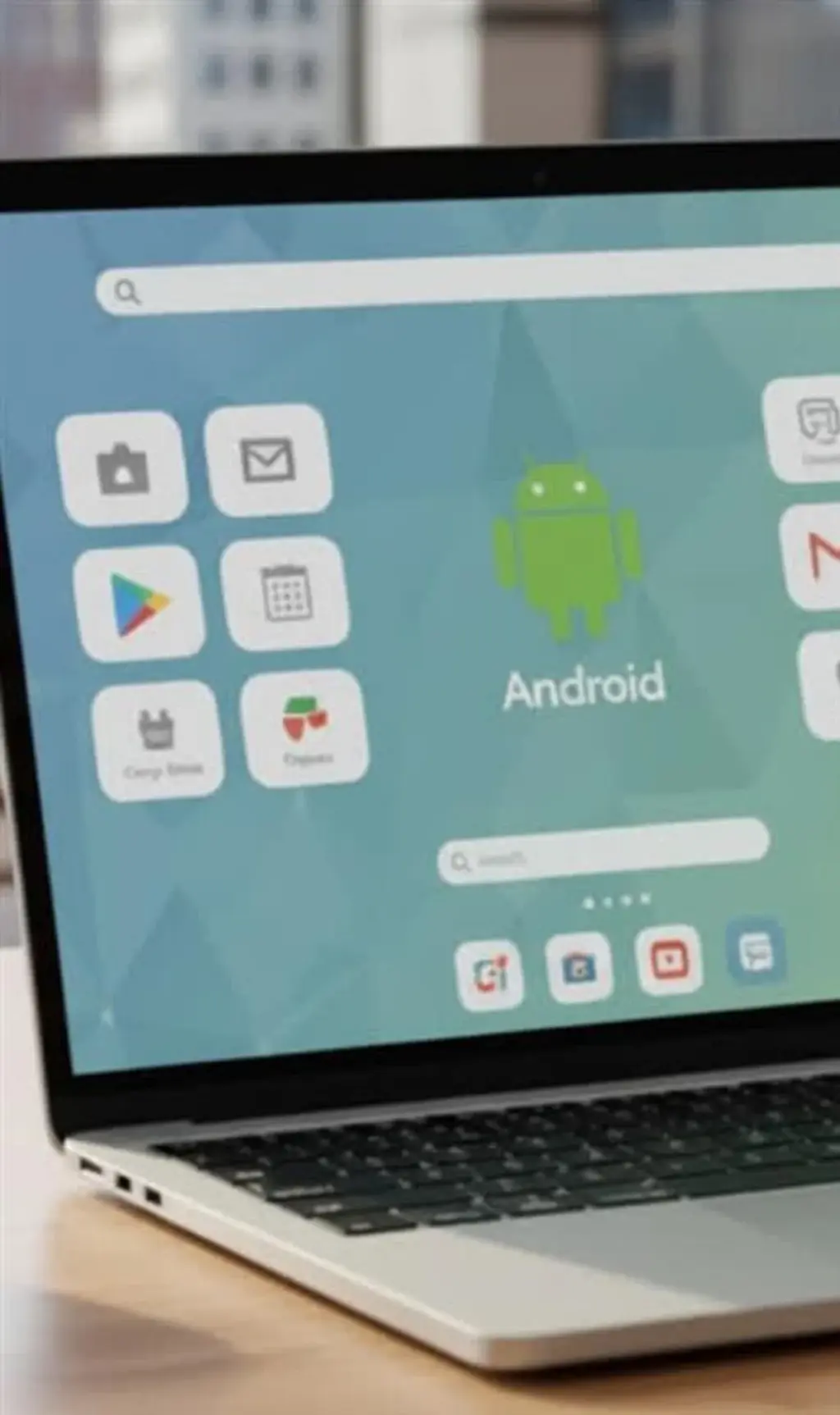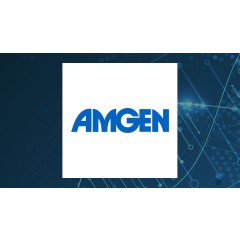
Google has officially launched its Android operating system for personal computers, marking a significant shift in the landscape of PC operating systems. This move allows users to experience Android’s mobile features on traditional desktops and laptops, creating a potential alternative to Microsoft’s widely used Windows OS.
The announcement was made during a press event on October 10, 2023, where Google showcased the capabilities of Android for PCs. The new operating system is designed to leverage the extensive ecosystem of Android applications, providing users with seamless access to a diverse range of software that has traditionally been limited to mobile devices.
Exploring the Features of Android for PCs
One of the standout features of Android for PCs is its ability to run Android apps natively. Users can download applications directly from the Google Play Store, expanding their software options beyond what is typically available on Windows. This functionality aims to enhance productivity by allowing users to utilize familiar mobile applications in a desktop environment.
Additionally, Android for PCs supports features such as multi-window multitasking, enabling users to run multiple applications simultaneously. This capability is particularly appealing for those who require efficient workflows, such as students and professionals. The user interface has been optimized for larger screens, ensuring that the experience remains intuitive and user-friendly.
The Competitive Landscape: Google vs. Microsoft
The launch of Android for PCs raises questions about the future of operating systems and the competition between tech giants. Microsoft, which has dominated the PC operating system market for decades, now faces a formidable challenge from Google. The introduction of Android for PCs could attract users looking for a fresh alternative, particularly those already familiar with the Android ecosystem on their mobile devices.
Market analysts have noted that Google’s entry into the PC space could disrupt traditional dynamics. According to research from StatCounter, Windows currently holds approximately 76% of the global desktop operating system market share. In contrast, Android accounts for about 2% in the same category. However, with Google’s extensive mobile user base, there is potential for rapid growth and adoption.
The implications of this launch are significant for both consumers and developers. For consumers, the availability of Android for PCs means more choices and flexibility in how they use their devices. For developers, it presents new opportunities to create applications that cater to a broader audience across different platforms.
As Google continues to innovate and expand its offerings, the competition with Microsoft is likely to intensify. The tech community will be closely monitoring the adoption rates of Android for PCs and how it impacts the overall market for operating systems.
In summary, Google’s launch of Android for PCs represents a pivotal moment in the ongoing evolution of personal computing. By providing an alternative to Windows and leveraging its existing Android ecosystem, Google could reshape the future of how users interact with their computers. As this new operating system gains traction, its impact on the market will become clearer, potentially redefining the relationship between mobile and desktop platforms.







